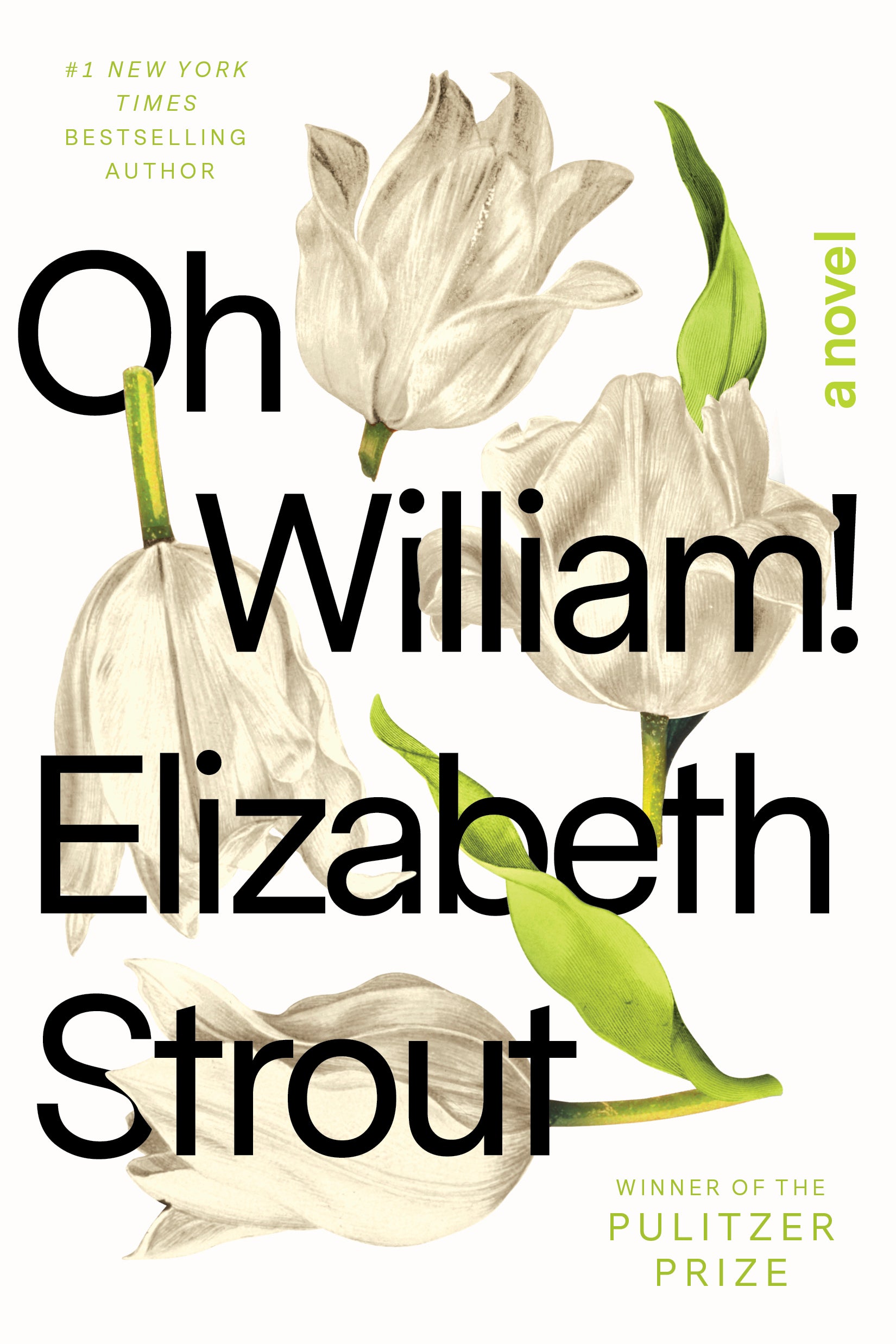Review: Elizabeth Strout writes a 'Lucy Barton' sequel
Pulitzer Prize winner Elizabeth Strout has written a sequel of sorts to her 2016 best seller “My Name is Lucy Barton.”

Your support helps us to tell the story
From reproductive rights to climate change to Big Tech, The Independent is on the ground when the story is developing. Whether it's investigating the financials of Elon Musk's pro-Trump PAC or producing our latest documentary, 'The A Word', which shines a light on the American women fighting for reproductive rights, we know how important it is to parse out the facts from the messaging.
At such a critical moment in US history, we need reporters on the ground. Your donation allows us to keep sending journalists to speak to both sides of the story.
The Independent is trusted by Americans across the entire political spectrum. And unlike many other quality news outlets, we choose not to lock Americans out of our reporting and analysis with paywalls. We believe quality journalism should be available to everyone, paid for by those who can afford it.
Your support makes all the difference.“Oh William!” by Elizabeth Strout (Random House)
Elizabeth Strout has written another voice-driven novel, the third in a series of books about the fictional writer Lucy Barton and the people she grew up with in a small town in rural Illinois
“Oh William!” returns to the first-person perspective of 2016’s bestselling “My Name is Lucy Barton,” narrated by Lucy as she slowly recovers from what should have been a routine operation and her mother, from whom she’s been estranged, comes to see her in New York
A year later, Strout published “Anything is Possible,” a collection of linked stories told in the third person about the characters in Lucy’s hometown of Amgash, now reconciling their memories of her poor and abusive childhood with her newfound fame as a writer.
The new novel picks up Lucy’s story when she is in her 60s. Her second husband has died, and her first husband, with whom she has two grown daughters, turns to her for help when he starts to have night terrors. Around the same time, William’s much younger third wife leaves him, and he discovers that his mother, whom he revered, abandoned her first marriage and a baby daughter to marry his father.
Lucy agrees to go with him to Maine — the setting of Strout’s Olive Kitteridge stories — to find his half-sister, a journey that prompts her to reflect on their lives together and apart, and whether she ever truly knew him — or, for that matter, herself.
The exclamation point in the title is a tip-off to Strout’s distinctive style. It conveys Lucy’s exasperation and pity for William, who has always been remote and unavailable. It also points to Strout’s reliance on punctuation marks, sentence fragments and authorial interjections to convey her speaker’s frazzled, fragile state of mind.
“I would like to say a few things about my first husband, William,” Lucy begins. Then, a page later, “I want to say— oh, it is difficult to know what to say!” Then, a few pages after that, “I thought — I did think this — that William looked more tired than usual.”
The halting voice, the habit of interrupting and repeating herself, of being at a loss for words — these are peculiar qualities for someone whose celebrity was built on her presumed facility with words. Nevertheless, if you loved “Lucy Barton,” you’re sure to love this one. If you didn’t, not so much.